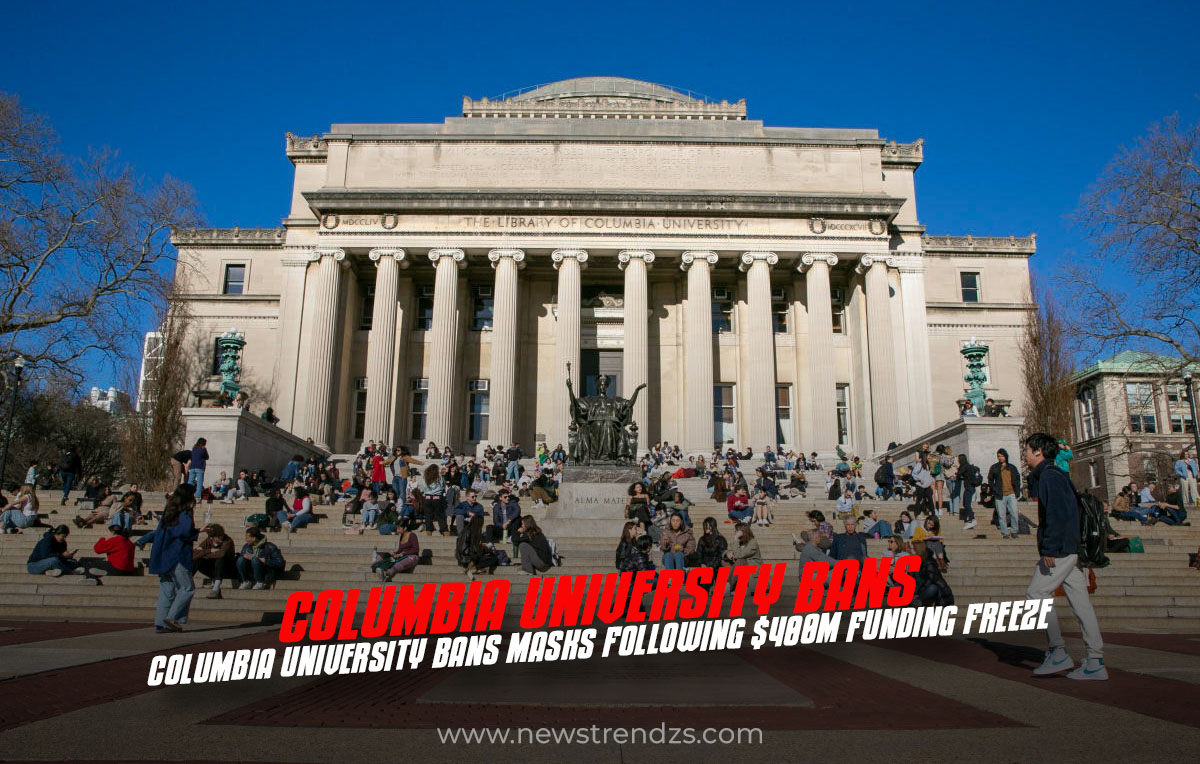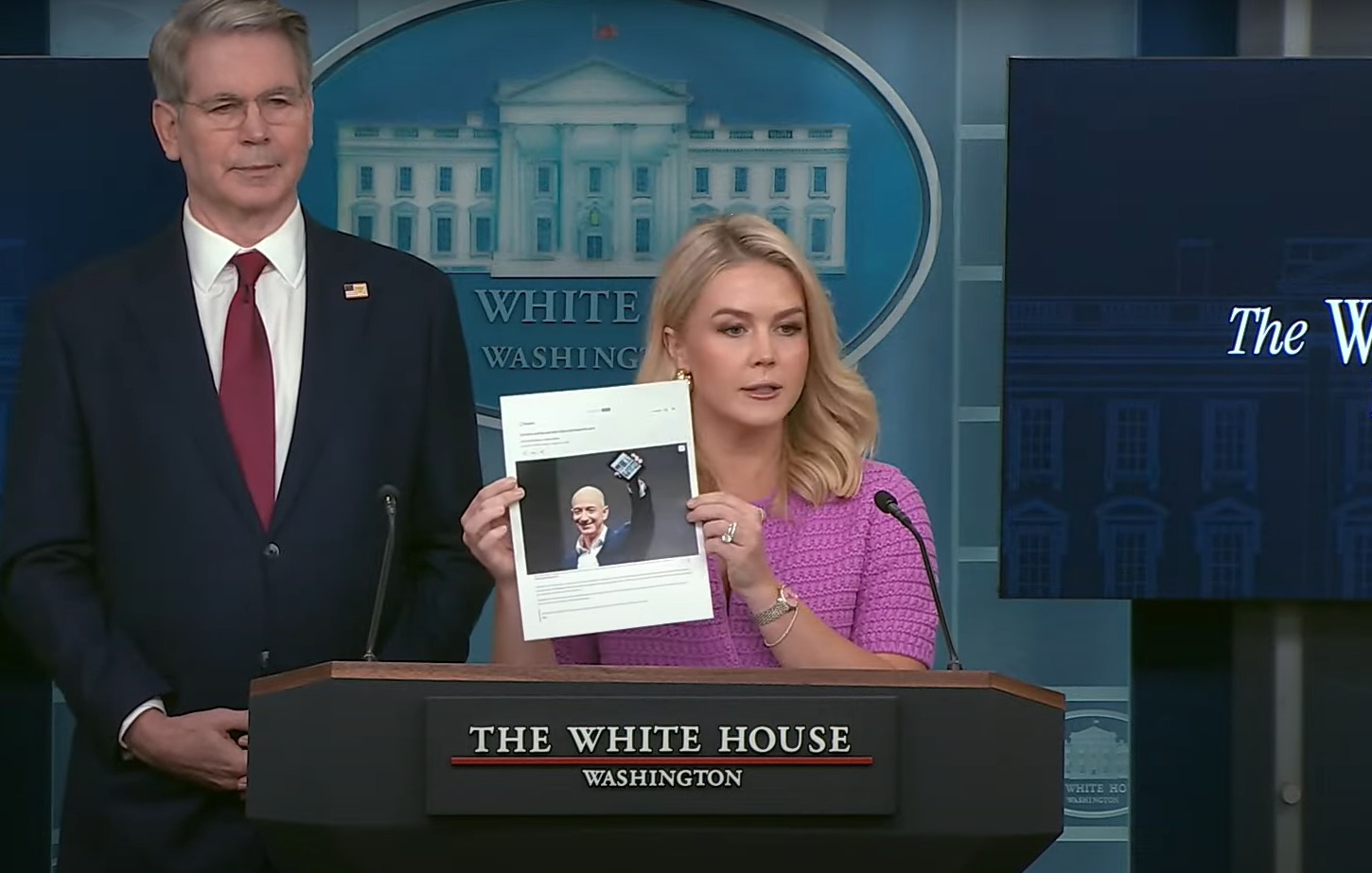Columbia University has agreed to a mask ban and policy reforms following a $400 million federal funding freeze by the Trump administration. This decision highlights the tension between government influence and academic freedom. The Trump administration cited the university’s handling of protests and intellectual diversity as primary concerns.
Mask Ban and Expanded Police Powers
Columbia will ban masks on campus as part of the agreement. It will also expand campus police powers to ensure compliance with new rules. The university stated that these measures aim to protect freedom of expression while maintaining academic integrity. Demonstrations inside academic buildings, according to Columbia, hinder its core academic mission.
Overhaul of Protest Rules and Disciplinary Process
To address federal demands, Columbia will revamp its protest rules and disciplinary process. Protests will no longer be permitted inside academic buildings. These changes aim to balance student activism with maintaining order on campus.
Focus on Middle East Studies
Columbia’s Middle East studies department will face significant changes. The university will place the department under external supervision for five years. This decision comes after federal pressure to address perceived biases in regional studies programs. The move is part of broader reforms to increase intellectual diversity.
New Definition of Antisemitism
The Columbia university will adopt a new definition of antisemitism. This change aligns with federal expectations to combat discrimination. Additionally, Columbia will enhance its Institute for Israel and Jewish Studies by adding more staff. These steps aim to foster a more inclusive academic environment.
Response to Federal Demands
The Trump administration issued nine specific demands for policy changes at Columbia. These included restructuring academic departments and revising protest policies. The administration also required Columbia to improve intellectual diversity and address concerns about anti-Israel protests.
Academic Receivership for Regional Studies
One of the most controversial demands was placing the Middle Eastern, South Asian, and African Studies departments under academic receivership. This approach involves appointing an external administrator to oversee the departments. It is an uncommon practice, rarely imposed by the government on academic institutions.
Reaction Within Academic Circles
The decision has sparked debate among faculty and students. Critics argue that the university’s compliance undermines academic freedom. Many faculty members expressed concern over the government’s influence on campus policies.
Statement from Columbia Leadership
Interim President Katrina Armstrong defended the changes in a letter. She emphasized the need to protect freedom of expression while ensuring academic integrity. She also announced the appointment of a senior vice provost to review regional studies programs.

Conclusion: Balancing Freedom and Compliance
Columbia’s agreement to the demands reflects the challenges of balancing government pressure with academic autonomy. While the reforms address federal concerns, they have raised questions about the future of academic freedom at the institution. For the latest updates on government announcements, and breaking news, News Trendzs remains the world news site for reliable and up-to-date information.





